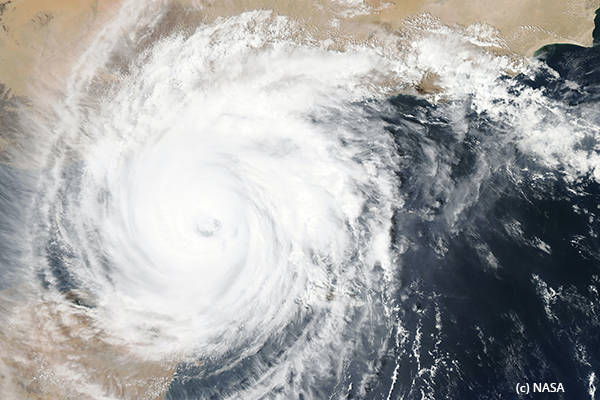| Date: | 30.03.2022 |
| Time: | 08:30 - 13:00 |
| Location: |
Germany has declared climate change to be one of the main focal points of its G7 presidency, driving forward two innovative approaches to addressing climate change impacts: the expansion of anticipatory humanitarian action and the reform of the global financing architecture for disaster risks.
With regard to emergency natural hazards resulting from the impacts of climate change, humanitarian disaster risk reduction plays an important role. With anticipatory humanitarian action, an innovative instrument has been created to support people before the onset of an impending disaster and thus minimize suffering. At the same time, new financing instruments for rapid disbursement in the event of a disaster have also been developed in the climate and development sector, such as climate risk insurance and risk pools.
The purpose of the event organized by the Munich Climate Insurance Initiative (MCII) and the Anticipation Hub is to bring together relevant German stakeholders and explore opportunities for closer cross-silo collaboration. Central questions include: How can such a distribution of roles look like? Which instruments, cooperations and partnerships are necessary for this? What are the obstacles that need to be overcome? What impulses need to be set at national and international level? Answers to these and other questions will be discussed during the workshop.
Andrea Steinke, research fellow at CHA, was part of the final panel discussion.






